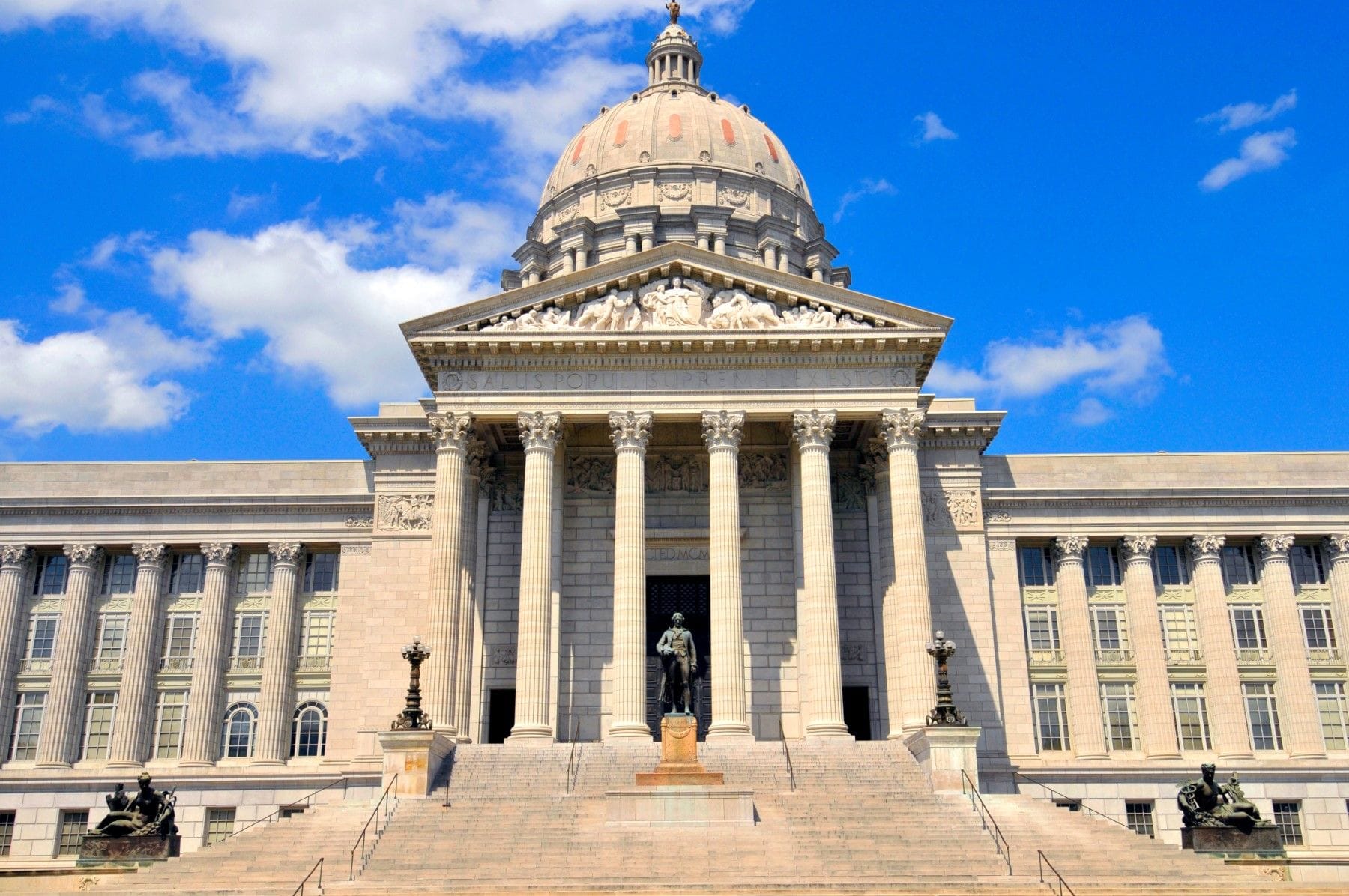Expert Witness Compensation Rules in Missouri
Missouri's expert witness compensation is regulated by statutes, court rules, and ethical guidelines ensuring fair payment and integrity in litigation.
Updated on
In this article
What Are the Rules Governing Expert Witness Compensation in Missouri?
In Missouri, the compensation of expert witnesses is governed by a combination of state statutes, court rules, and ethical guidelines. These rules ensure that expert witnesses are fairly compensated for their time and expertise while maintaining the integrity of the judicial process. Understanding these regulations is crucial for attorneys, expert witnesses, and parties involved in litigation to navigate the complexities associated with expert witness fees.
Fee Provisions in Missouri Rules of Civil Procedure
The Missouri Rules of Civil Procedure provide a framework for the management of expert witness fees. Rule 56.01(b)(4) of the Missouri Rules of Civil Procedure addresses the discovery of facts known and opinions held by experts. It allows parties to obtain discovery of expert witnesses by deposition, but it stipulates that the party seeking discovery must pay the expert a reasonable fee for time spent in responding to discovery.
Key points include:
- Reasonable Fees: Experts are entitled to reasonable compensation for time spent in depositions.
- Cost Allocation: The party seeking discovery bears the cost of expert witness fees during depositions.
- Court's Discretion: The court may intervene to determine what constitutes a "reasonable" fee if disputes arise.
These provisions ensure a balance between the need for expert testimony and the financial burden on litigants.
Understanding Missouri Revised Statutes § 491.280: Payment Guidelines for Expert Witnesses
Missouri Revised Statutes § 491.280 specifically addresses the payment of expert witnesses. This statute outlines the conditions under which experts may receive compensation beyond standard witness fees, which typically cover only travel and basic expenses.
Highlights of § 491.280 include:
- Enhanced Compensation: Experts may receive fees exceeding those of ordinary witnesses, reflecting their specialized knowledge.
- Judicial Approval: Courts must approve the amount paid to expert witnesses, ensuring fees are fair and necessary.
- Public Funding: In cases where public funds are used, such as criminal defense for indigent defendants, the statute ensures transparency and judicial oversight of expert fees.
These guidelines help regulate expert witness compensation, ensuring that it is justified and equitable.
Ethical Considerations: Missouri Bar Guidelines on Expert Witness Fees
The Missouri Bar provides ethical guidelines that further shape expert witness compensation practices. These guidelines emphasize fairness and honesty, preventing fee arrangements that could compromise an expert's objectivity.
Ethical considerations include:
- Contingency Fees Prohibited: Experts must not be compensated based on the outcome of a case, as this could bias their testimony.
- Transparency: Fee arrangements should be clear and agreed upon in writing to prevent misunderstandings.
- Professional Conduct: Experts are expected to provide impartial testimony, regardless of financial arrangements.
Missouri's ethical guidelines ensure that expert witnesses maintain integrity, contributing to the credibility of their testimony.
Practical Tips for Structuring Expert Witness Fee Agreements in Missouri
When engaging expert witnesses in Missouri, it is essential to establish clear and fair fee agreements that adhere to legal and ethical standards. Here are some practical tips to consider when structuring these agreements:
- Define Scope of Work: Clearly outline the specific services the expert will provide, including consultations, depositions, and trial testimony, to avoid ambiguity in billing.
- Establish Hourly Rates: Determine a reasonable hourly rate based on the expert's qualifications, experience, and the complexity of the case. Ensure that this rate aligns with Missouri’s standards for expert compensation.
- Include Retainer Fees: Consider requiring a retainer fee upfront, which can help secure the expert's services and cover initial consultation or preparation time.
- Specify Payment Terms: Clearly state payment terms, including the timing of payments, methods of payment, and any conditions for additional fees if the scope of work changes.
- Document Expenses: Specify which expenses are reimbursable, such as travel, materials, and other costs incurred while providing services. This helps prevent disputes over additional charges.
- Agreements in Writing: Ensure that the fee agreement is documented in writing and signed by both parties to provide clarity and prevent misunderstandings.
- Regular Communication: Maintain open lines of communication regarding billing and services rendered to address any questions or concerns promptly.
- Review Compliance: Regularly review the agreement to ensure compliance with Missouri’s legal and ethical standards, making adjustments as necessary to reflect changes in the case or regulations.
By following these tips, attorneys and expert witnesses can create fee agreements that promote transparency, fairness, and professionalism in the litigation process.


